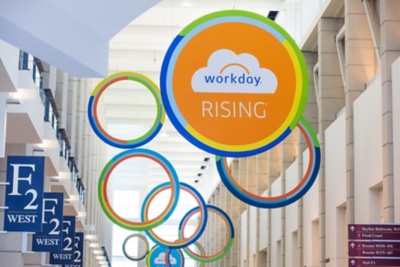Whereas Gilmore said that the family of Denny’s restaurants is really more like many small businesses operating under one umbrella, Spong has putWorkday Recruitingto the test: AstraZeneca hires around 10,000 people every year, with the UK, U.S., Sweden, and China as the main talent hubs.
“It’s one simple process globally, whereas before there were all these different approaches by country or by job category,” she explained. “It’s consistent for the candidates and for the line managers, so our business leaders can focus on the business, and not how to manage a recruitment process.”
“Prior to moving to Workday Recruiting, we had 12 different recruitment systems around the globe,” Spong added, and said that this made posting jobs and keeping track of recruits “a nightmare.”
Paul Wright, CIO and vice president of IT at wheel and wheel-end component manufacturer Accuride, said he has an atypical background for a CIO: “I come from operations, and about four years ago they asked if I could help out [in IT] for six weeks—I’m still here.”
Although replacing the company’s existing payroll system was the impetus for exploring Workday and other vendors, Wright said that his operations background made him realize that whatever system Accuride ultimately chose, it was imperative that it wouldn’t “break lean [manufacturing practices]; it had to work with what we’re doing.”
Wright said that integrating a cloud-based manufacturing solution with Workday helps him get additional insight into his manufacturing supply and production chains. “We’re able to get into a lot of detail around manufacturing when we can pull HCM and financial data to understand if it’s the first or second shift that made a particular batch of wheels. All of this information allows us to make good financial decisions.”





